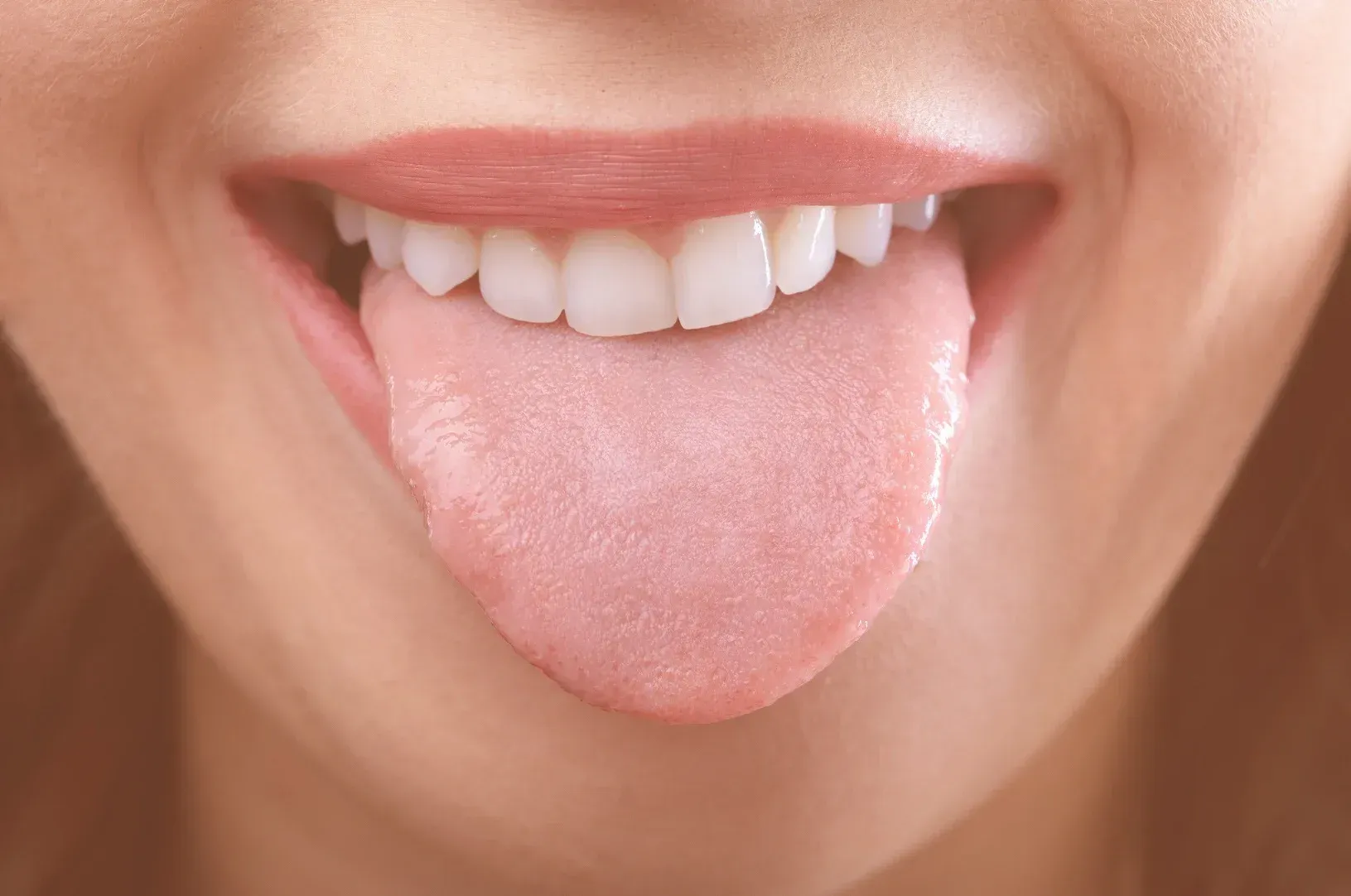Addiction may sound like a strong word to apply to your inclination to eat sugar. However, there is strong scientific evidence to suggest that addiction to sugar is not only possible, but it’s sneaky. The social acceptance and cultural habits around eating together can make it easy to write off your symptoms of sugar addiction. Let’s do a deep dive and look at what sugar addiction looks like. Next week we will discuss why you may consider kicking the sugar habit, and how to fight sugar cravings.
Symptoms of Sugar Addiction
Sugar addiction is similar to other types of addiction in symptoms. Addiction is mainly centered in your neurological system so you may see the most obvious symptoms in your emotions and thoughts. Here are some red flags that may cause you to reevaluate your relationship with sugar:
Feeling Out of Control
A common sign that you’re not in control is– you don’t feel in control. This may seem obvious, but we are pretty good at lying to ourselves. The addicted part of our brain likes to rationalize and ignore the rational parts of your brain that try to regulate your sugar intake. Are you aware of the negative impact of eating sugar, but feel compelled to eat it anyway? Do you struggle to make healthy food choices, even when advised by your doctor or dentist? It’s not uncommon, and not a cause for shame, but it’s important to be honest with yourself. The first step is recognizing that you aren’t in control.
Sudden Strong Cravings
Do you often have sudden cravings? This may be for sweet foods, but actually, sugar addiction can cause cravings for salty foods too. When you’re sugar addicted, you’re more likely to have imbalanced nutrient intake . Nutritional deficiencies can cause cravings for salty foods . Sudden strong cravings are a sign that your body isn’t getting what it needs. If you often struggle with cravings, take a closer look at your diet and make sure you’re really eating the way you want to be eating.
Eating More than You Planned or When You’re No Longer Hungry
This is similar to feeling out of control. Do you approach meals with a plan? Maybe you know you’re going to indulge in on serving of dessert, but end up going back for seconds or thirds? Or you don’t think you’re that hungry but can’t stop piling favorite foods on your plate? If you regularly eat more than you think you need to get full, or keep eating after you are satiated, you’re probably sugar addicted. This is even true if the foods you’re overeating on are not traditional dessert foods. Many foods today are full of hidden sugars – even something as innocuous as “nutrition-rich” bone broth. If it’s store-bought, it likely has sugar in it.
Hiding Sugar Habits and Guilt
A major red flag for sugar addiction is when you find yourself hiding your consumption. Your conscience knows that it’s stepping over healthy boundaries when it wants to avoid others finding out about your eating habits. Additionally, maybe you don’t hide your habits, but you struggle with guilt after you’ve eaten. If you’re not comfortable telling loved ones what you’ve eaten, you’re probably addicted to sugar.
Eating Your Emotions
Although the stereotype of comforting a broken heart with a tub of ice cream plays for laughs on TV, it’s actually not a healthy habit. You should eat sweets in moderation when you are still a little hungry, and never binge eat to comfort yourself. If you use food as a coping mechanism, it’s probably wise to see a doctor or mental health professional to find some better ideas.
Going Out of the Way to Get Sugar
Have you ever made a special trip to the store to get your sugar fix? If you make a point of going out of your way to get some thing, it’s a sign that your relationship with that thing is probably out of whack. Some things are obviously worth their own trip- medications, time with loved ones, etc. However, special trips to get your sugar fix are unwise and set a dangerous habit.
What Causes Sugar Addiction
Sugar addiction is surprisingly similar to other forms of addiction. When you eat sugar, it activates the pleasure center of your brain. This releases dopamine into your system and lifts your mood. However, frequent activation of the pleasure centers in your brain lead to diminishing returns. Diminishing returns is the idea that each time you participate in that activity, the pleasure you get from it decreases slightly. That means that you’ll need to do more of that activity to feel the same level of happiness. This cycle of diminishing returns and therefore more and more of the addictive behavior is actually neurologically the same whether you’re addicted to heroin, cocaine, or sugar.
Studies on lab rats have shown that it’s not only possible to become addicted to sugar, but also that once addicted it’s hard to avoid relapses. These mice were fed high doses of sugar, then denied it for a period of time. After the break, mice worked much harder to get it again than they initially had worked to access it. In addition, after the break they were much more likely to binge or eat much more than they initially had eaten.
We encourage our patients to make healthy lifestyle choices. Have you taken a few minutes to consider your sugar habits lately? Has this list brought forward some concerning habits? Next week we will discuss the impact of sugar addiction on your oral health, and how to fight sugar cravings.










